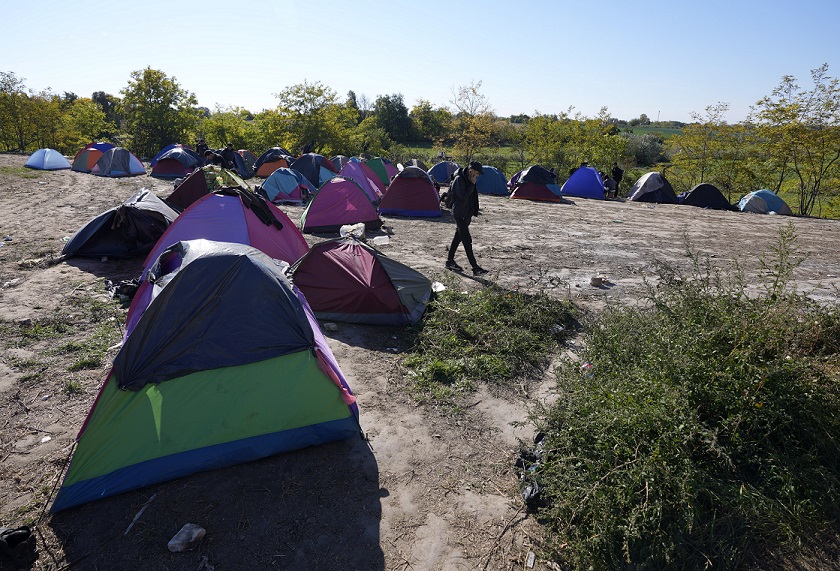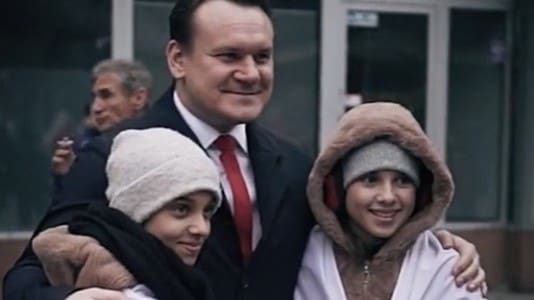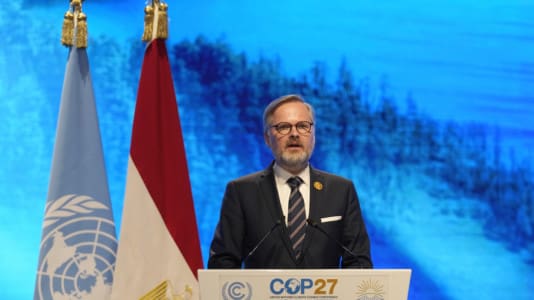Within the framework of the presidency of the Council of the EU, the Czech Republic, with the support of Slovakia, will demand greater involvement by other countries in the protection of the external Schengen border, Czech Prime Minister Petr Fiala said on Friday.
Fiala met with Slovak Prime Minister Eduard Heger on Thursday to discuss solutions to the illegal migration and checks on the Czech-Slovak border. Both countries revealed their desire to take steps to open the border for EU citizens in the coming days, but checks will continue for now.
“Protecting the Hungarian-Serbian border is key to mitigating migration,” said Fiala. “Czechia is ready to double the number of police officers operating on the border from 40 to 80 in the spring,” he added.
According to him, the Czech and Slovak police will also coordinate their activities at the border through joint patrols, especially on the railways.
In a statement by Minister of the Interior Vít Rakušan on Czech TV on Thursday, controls at the borders will remain even after Dec. 12.; these were introduced at the end of September by the Czech Republic due to mainly Syrian migrants flowing through Slovakia and the Czech Republic to Germany.
“The Czech Republic and Slovakia will move forward together and make efforts to get other member states to jointly strengthen and help on the Hungarian-Serbian border,” said Heger.
It is beyond the power of one country to manage the situation
According to him, Hungary cannot have enough capacity because it is beyond the strength of one country. The goal, according to the head of the Slovak government, is to eliminate illegal migration so that citizens can regain the comfort that Schengen brings, namely free movement between countries.
According to Fiala, the Czech Republic and Slovakia are intensively working on a new form of international agreement on police cooperation, which will, among other things, enable a faster exchange of information and other forms of cooperation. The interior ministries of both countries will jointly evaluate the situation, inform each other about the measures taken, and try to take joint measures to calm the situation and return to the normal routine at the borders as quickly as possible.
According to Heger, the police presidents and the ministers of the interior, who also met together on Thursday, should prepare a specific action plan for this.
The Czech government has repeatedly decided to extend controls. The cabinet last extended them by 15 days, i.e., until Nov. 12, per a European regulation that allows border protection to be introduced without delay. For the next 30 days, the controls will operate under different regulations, unless the European Commission objects.
At the end of October, Czech and Slovak representatives argued about whether Czech controls violate the Schengen Agreement. According to Slovak Interior Minister Roman Mikulce, Czechia is violating the so-called readmission agreement between the two countries in connection with the transfer of migrants.
Rakušan, on the other hand, insists that the extension of border controls is exactly within the limits of international rules and that Czechia is not violating the code in any way.





